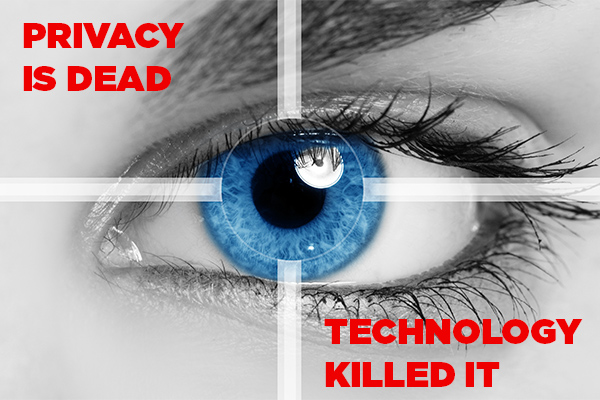
For marketers, you could argue that technology has created a paradise that was once only dreamed of.

But people don’t like to think that they are being “stalked” or that they are part of the “giant machine.” Data privacy, by its very nature, is an inflammatory topic. Yet we freely give away data about ourselves every single day, often without thought. And I’m not just talking about the stream of consciousness that is social media.
Despite protests to the contrary, the privacy bar is low. Our data is a commodity that we trade each and every single day in return for a better user experience.
We value our privacy until we get something better for it.
The US is arguably the world’s largest marketplace, and usually ahead of Australia in many ways, but I question whether the government there is innovating. I don’t see new technologies or ecosystems arising from new guidelines. Instead I see potential roadblocks that could distract marketers from solving customer problems. As a result, consumers could suffer as marketers focus on compliance, rather than the experiences they deliver. Since I don’t foresee a global privacy standard being agreed to in the next decade, I am concerned that rather than moving forward, the industry could stagnate or, worse, go backward.
Consumers’ expectations are at an all-time high. We don’t care if we log into an advertiser’s website via our smartphone, tablet or laptop. The device is simply a means to an end. We want a consistent and easy experience regardless. And if we don’t get one, we’re likely to take to Twitter or Facebook to complain about it. To meet these demands marketers need data. It’s no Catch-22, but neither is it a dynamic that sits comfortably with some people.
A new era is dawning.
A new era is dawning. It’s not being driven by marketers, but by consumers. They hold all the cards and they are dictating how brands engage with them. In many ways, what they’re saying is different from the headlines. Many consumers want marketing to feel like a service, and for each piece of data they hand over, they want to see an incremental increase in the value provided to them.
Marketing is only effective when it adds value and solves a problem. Data is the key to this. Without it, brands are staring down the loaded gun of the Internet and shooting off content in all sorts of random directions. That’s not value. It’s spam. And it’s not want consumers want.
Everything has a price, and privacy’s price is convenience.
About Steve Poyser
